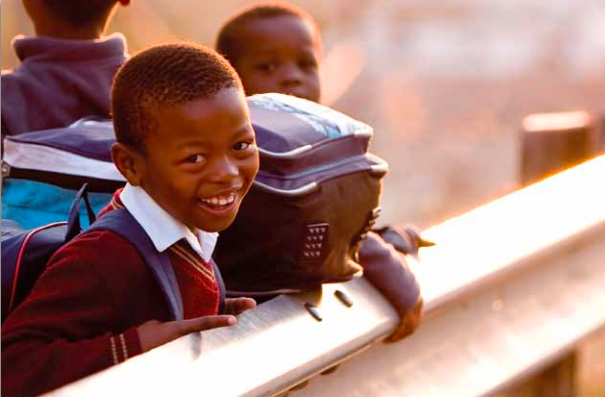According to an international survey released Tuesday, more than 80% of South African youngsters around the age of ten have difficulty reading and understanding what they read at the same time.
“Unfortunately, the results reflect poor scores,” said Angie Motshekga, referring to the Progress in International Reading Literacy Survey (Pirls), which has been done every five years since 2001.
Therefore, 81% of South African pupils in their fourth year of primary school, or about the age of 10, read with difficulty, up from 78% five years before. The coronavirus epidemic has exacerbated illiteracy, she stated at a seminar in Pretoria.
According to the minister, in many elementary school, “reading instruction focuses solely on oral performance, neglecting reading comprehension and the meaning of written words.
And many schools in Africa’s most industrialized country lack textbooks and libraries, sometimes also lacking proper infrastructure or toilets.
Thirty years after the end of apartheid, the country is still marked by the poor education long imposed on the majority black population under the segregationist regime.
Many grandparents and parents are partly illiterate and find it difficult to help their children learn to read.
South Africa is one of three countries on the continent that participated in this study, along with Morocco and Egypt, and the only one in sub-Saharan Africa.





